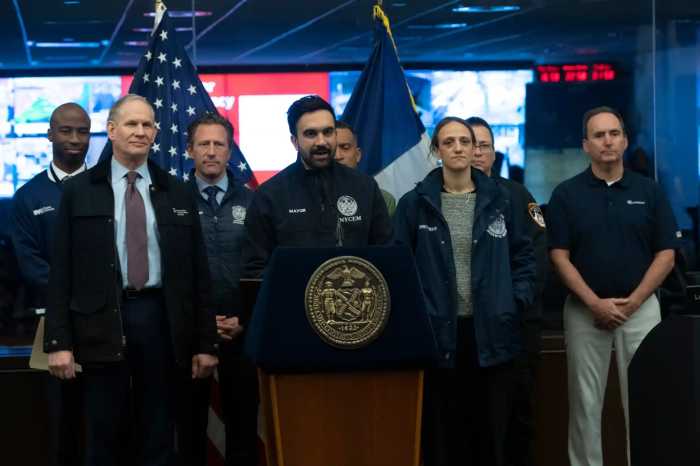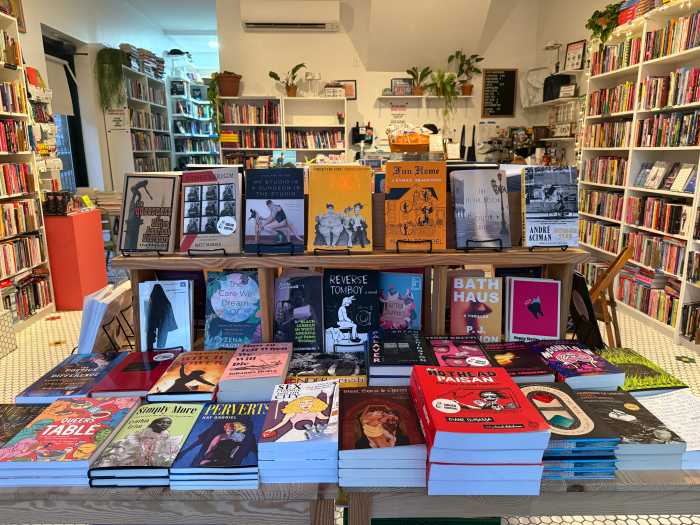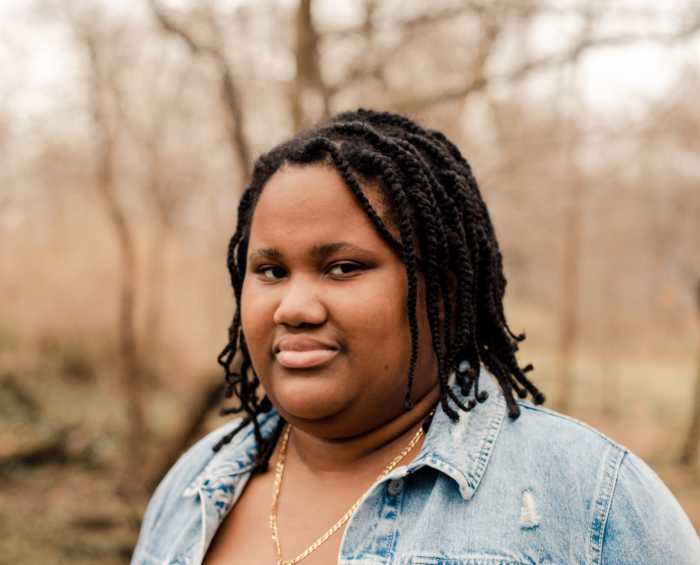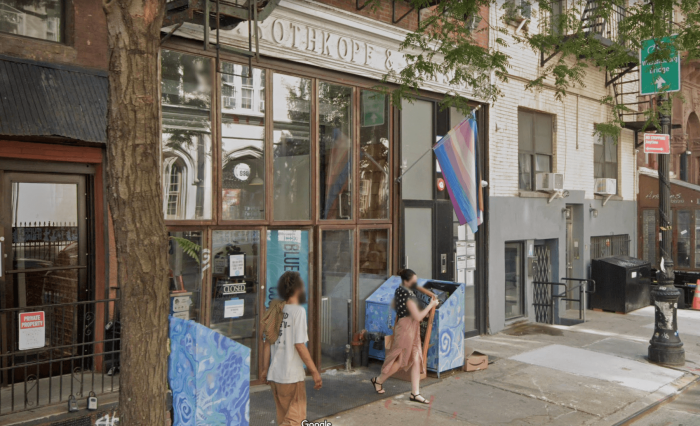Twin brothers Ivan and Misha arrive in New York after the disintegration of the Soviet Union. Their father, Louie, a Jewish doctor, could have sold the precious jewelry left by his deceased wife –– the twins’ mother –– to pay for the transit from Kiev, Ukraine to the American dreamland of New York.
Could have is key. Author Michael Alenyikov, in his first full-length book of fiction, trains the reader in the basic lesson that Ivan and Misha have learned in life –– perhaps, could have learned, Misha being painfully aware of it and Ivan never quite aware of anything –– about the gap between words and reality, a chasm Alenyikov masterfully evokes.
“Misha’s father had disappointed before” opens the prologue, taking us into the boy’s early childhood. The father’s enchanting promises typically fail to be realized. Even in moving to America, Louie’s actions lack internal deliberation, justification, explanation; they are reported to the reader –– and in a very real way, to his sons –– as arbitrary occurrences, like objet trouvé. News of Louie’s passing has much the same feel.
In debut book, Michael Alenyikov explores the burdens and blessings of love and family
In the twilight between promises and promises kept hover the fraternal twins, on the surface very different in looks, manner, and outcomes in life. But the family resemblance underneath is striking.
The elder twin –– by 20 minutes, to be precise –– Ivan, a cab driver, is always on the go. He struggles to keep reality at bay; in his life, there are no choices, no decisions, only whimsically swift, charming, but also painful moves. Ivan is carried by the wind; his life, like his cab, is simply reactive to people he meets along the way. He’d go wherever and whenever he is called to travel, but his dreams of American riches notwithstanding, he is handicapped in initiating and maintaining his own journey.
Misha, filmmaking gofer and waiter, tries to climb from this ambiguity and hook reality. Indeed, he fights to validate his reality. But whenever he seems to secure a piece of life’s chaos into place, his brother’s ring-tone injects uncertainty again. Responsible Misha labors to tame the wind –– in vain, he knows, since as long as he is committed to his brother and father, he can’t prevail.
Misha’s long-term relationships are important, real, continuous, anchoring the future to the past. Committed to an idea of family, he struggles to distinguish between familial love for his brother and sexual desire. His first boyfriend, Kevin, a muscle boy, infects him with HIV; the next, Smith (born Robbie, later changing his name out of faith he can change his life) is forced to decide whether to love the HIV-positive Misha.
Alenyikov carefully renders in this Philip-Roth-writing-“Brothers-Karamazov” a post-gay story. For sure, a gay context suffuses the twins’ world –– almost everybody is either gay or portrayed in some measure through a homoerotic lens. Even the friendship between the elderly Louie, after suffering a stroke, and his neighbor, Leo, a fellow Jew, in a senior residence in Brooklyn has at least a homosocial quality, which is in no way lessened by the fact it is wholly platonic.
Yet “Ivan and Misha” is so gay it is not a gay story. Misha is decisively gay; hence he has sex with men, maintains relationships with men, and falls in love with men. In Ivan’s world, coming out is meaningless. His desires, sexual encounters, love defy conventional description.
In the twins’ New York at the beginning of the third millennium, being gay is so normative that Misha’s coming out makes it incumbent on the older generation to deal with it, to learn to accept. Rather than an immigrant young man’s story of personal struggle, Misha’s coming-out tale is narrated in his father’s voice; it is a matter for Louie to come to terms with.
The son coming out to his father is a distraction from Louie’s story, occasioned by Leo questioning him about whether he is bothered by Misha being a feygela, Yiddish for fag. Louie dismisses the question and takes it off the agenda of their daily back and forths. Not because it is something not to talk about, but because there is nothing to talk about.
Still, forcing the reader to shift attention to Misha’s moment of coming out exemplifies the book’s lyrical merit –– events that suggest a straightforward, linear narrative inevitably stimulate distractions into unrelated considerations and extraneous times and places that live up to or defy expectations to varying degrees. Alenyikov, like his characters, won’t hew to a consistent path, choosing instead, again and again, to explore context and associations.
Louie discovers gay porn in Misha’s apartment and confronts him in a manner much harsher than he’s ever adopted before. Perhaps mindful that his words have often not matched reality, the father, in narrating the scene, pleads with the reader, “I beg you to believe this.”
Misha responds to Louie by making it clear his father has the choice of taking him as he is or not at all. The father is relieved by his son’s determination: “And of course I had no choice: accept him or lose him, really quite an easy decision.”
This is a story about identity, family, love, and death in the lives of New Yorkers who happen to be gay. Through characters such as Kevin, who survives with the virus from the 1980s until serious illness confronts him in the new century, “Ivan and Misha” is a transformative novel of gay men and AIDS, capturing a new moment where HIV remains everywhere, but the defining identification of our community is unapologetic, even unreflective, love and desire.
Alenyikov’s achievement in “Ivan and Misha” far surpasses his skillfully calibrated telling of a New York story of love and desire. Through his characters’ difficulties in distinguishing life from the hopes it holds out, the author offers a reflective novel that acutely examines the question of what remains unique about a normalized gay experience.
Complete Information:
IVAN AND MISHA
By Michael Alenyikov
Northwestern University Press
$18.95, softcover; 196 pages
Available at Amazon.com


































